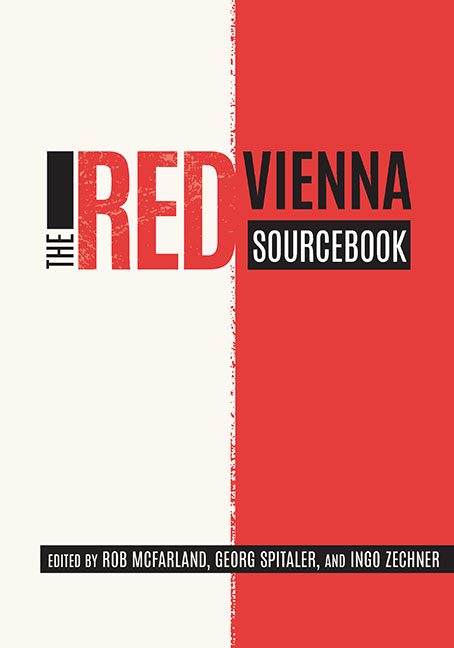Book contents
- Frontmatter
- Contents
- Acknowledgments
- Permissions and Credits
- A Note on the Structure of This Book
- Introduction
- Part I Foundations
- Part II Philosophies
- Part III Identities
- Part IV New Values
- Part V Social Engineering
- Part VI Vitality
- Part VII Housing
- Part VIII Cultural Politics
- Part IX Mass Media
- Part X Exchange
- Part XI Reaction
- Part XII Power
- Chronology
- References
- Contributors
- Index of Subjects
- Index of Persons
Chapter 23 - Fine Arts
Published online by Cambridge University Press: 23 October 2020
- Frontmatter
- Contents
- Acknowledgments
- Permissions and Credits
- A Note on the Structure of This Book
- Introduction
- Part I Foundations
- Part II Philosophies
- Part III Identities
- Part IV New Values
- Part V Social Engineering
- Part VI Vitality
- Part VII Housing
- Part VIII Cultural Politics
- Part IX Mass Media
- Part X Exchange
- Part XI Reaction
- Part XII Power
- Chronology
- References
- Contributors
- Index of Subjects
- Index of Persons
Summary
THE YEAR 1918 MARKED a dramatic turning point for the fine arts in Vienna, as it did in Austria as a whole. Vague and isolated intimations of impending epochal change had been felt even before that point, but when faced with the actual collapse of the political order these misgivings coalesced into a genuine sense of crisis. This feeling was only exacerbated by the deaths that year of some of the leading lights of the Viennese art world: Gustav Klimt, Otto Wagner, Koloman Moser, and Egon Schiele had all passed away within months of one another. The lack of direction that subsequently blighted the art scene ran deep. It affected artists, critics, and cultural politicians alike. Uncertainties and disconcerting circumstances abounded; art historian Hans Tietze referred to it as “chaos.” Among his many concerns were the demise of venerable institutions such as the Vienna Secession, whose building had been used as an emergency hospital during the war; the severance of ties or cooling of relations with other international artists (the Secession lost sixty-seven foreign corresponding members in the first year after the war); the uncertain fate of the imperial collections, which came under threat from restitution claims, principally from Italy; the politically volatile but nevertheless open question as to whether or not the nascent German-Austrian republic with its wealth of artistic treasures was to be regarded as the legitimate heir to the Habsburg empire; and, last but not least, the insistent demands from many in the cultural sector for increased state funding for the promotion of modern art. The latter was another controversial issue. The city of Vienna had to decide whether its artistic profile would be modern, contemporary, and futureoriented or whether it should instead opt to present itself as a grand, former imperial metropolis for the sake of the tourist industry.
Red Vienna had no coherent answer to these questions. For years, party political publications featured endless debates about what might constitute a modern, Social Democratic arts policy. And there were parallel debates about the purported existence of a typically Austrian style. Initially expressionism seemed to furnish a positive answer to this question, for a number of reasons.
- Type
- Chapter
- Information
- The Red Vienna Sourcebook , pp. 445 - 464Publisher: Boydell & BrewerPrint publication year: 2019



